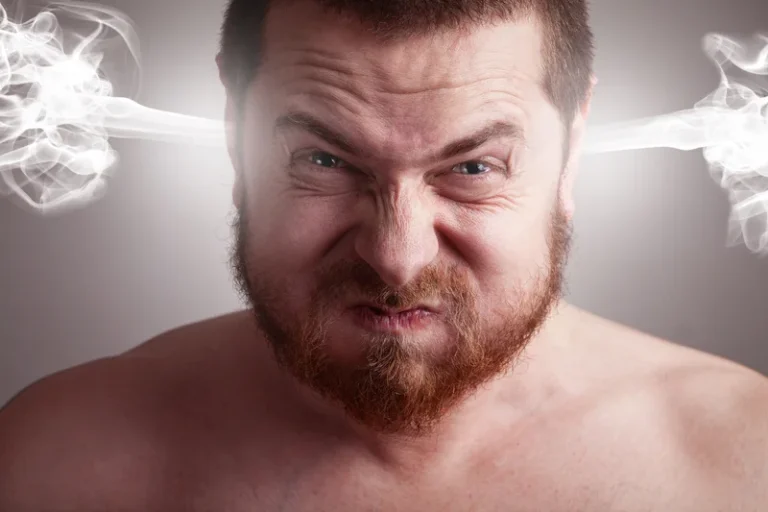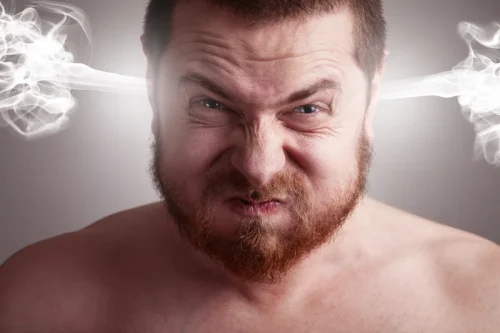
Eating regular, wholesome meals throughout the day can help you to gradually recover from the effects of over-indulging in alcohol. In the study, participants using red ginseng had lower concentrations of ethanol and increased acetaldehyde levels compared with placebo. This suggests that the red ginseng increased the speed of ethanol’s conversion to acetaldehyde.

Spirit Hangovers Vs. Wine Hangovers
It is more than likely, however, these hangover ‘cures’ are not effective for a broad population. These studies are typically not well controlled with the proper level of clinical study rigor. The participants are usually advised to consume the hangover cure after an uncontrolled alcoholic binge session.
How can I prevent a hangover (or reduce its severity)?
- It’s essential to recognise when your drinking habits might be harming your health and wellbeing.
- Unfortunately, if you’re a big wine fan, you might find yourself having more than one per week.
- The consumption of just 50g of alcohol dissolved in 250ml of water (equivalent to about 4 standard drinks) can result in the elimination of up to 1000 ml of water over several hours2.
- A good cup of coffee may help with many hangover symptoms by helping to stimulate your body and reduce your fatigue.
A hangover is the feeling of illness that follows alcohol consumption. It begins as a person’s blood alcohol levels decrease after they stop drinking, and it can last for 24 hours or more. If you feel you must continue drinking alcohol to avoid adverse hangover symptoms or that your drinking habits are a sign of alcohol misuse, contact a treatment provider today.
Sports Drinks

Additionally, some wines are higher in alcohol content, so it doesn’t take much to reach a certain level of intoxication. Since it can be challenging to estimate just how much you’ve had to drink, it’s best to plan ahead and drink responsibly to prevent it from happening. Although there are different opinions depending on who you ask, it is generally recommended to avoid too much refined sugar, spicy and acidic foods when dealing with a hangover. Eating foods that are high in protein, complex carbohydrates and healthy fats can help to replenish your energy and repair any damage done during the drinking binge. A 2020 study found evidence to suggest that red ginseng may reduce hangover symptom severity by reducing the ethanol concentration in the blood.

- These biogenic amines include histamine, putrescine, tyramine, cadaverine, among others.
- Unfortunately, when you drink, you strip your body of electrolytes and make your hangover that much worse.
- Buying cheap liquor may have the right price, but it may cost you the next day, depending on your hangover symptoms.
Typically, your symptoms are the worst when your blood alcohol level returns to zero. You’re also more likely to have memory, concentration and coordination issues when you have a hangover. In general, the severity of your symptoms depends on how much you how long does wine hangover last drank and for how long.
Most hangover symptoms disappear independently after your blood alcohol alcohol rehab concentration (BAC) drops significantly. However, it’s not unusual for the symptoms to last up to 24 hours. When your body processes alcohol, one of the byproducts is acetaldehyde.

How do you get rid of a red wine headache?

So, if you’ve ever suffered from a hangover or want to know how to prevent getting one, you’re in the right place. Dealing with a hangover can be uncomfortable, but there are steps you can take to alleviate the symptoms and help your body recover more quickly. One reason is that congeners are more challenging for the body to metabolize than ethanol.
Hangovers are usually experienced the morning after a night of heavy drinking since you are not conscious of the hangover during sleep. A hangover typically completely dissipates 24 hours after it begins but can dissipate much sooner. A wine hangover can include a variety of symptoms, some of which may be similar to a regular hangover. Headaches, nausea, dizziness, dehydration, and general fatigue are all common. Additionally, wine hangovers can sometimes cause redness or puffiness of the face due to dehydration or the histamines in red wine.
